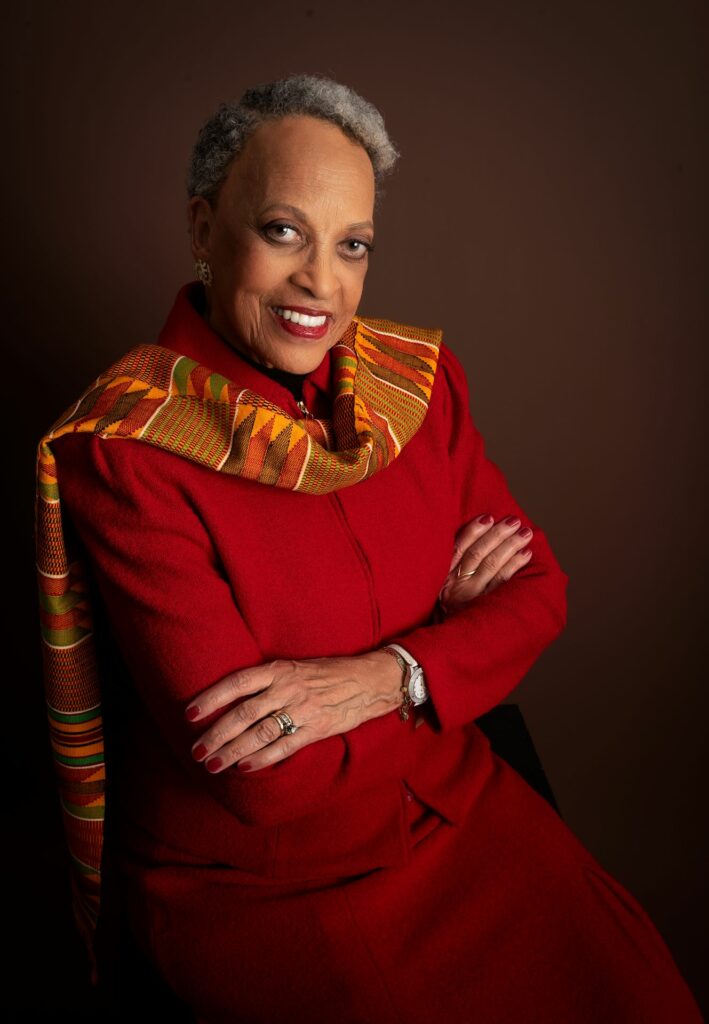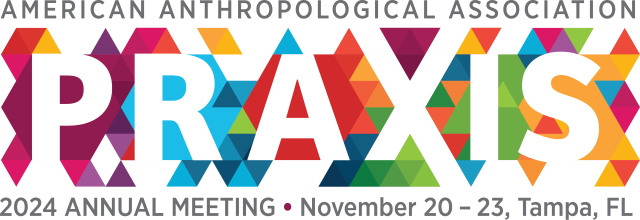The Role of Social Justice Action in the History and Current Praxis of Anthropology
Tampa Convention Center – Ballroom B
Friday, November 22
6:00pm – 7:30pm
Abstract
It is a great honor for me to give “The Distinguished Lecture “ during the 2024 meetings of our American Anthropological Association. Drawing on the history and current praxis in cultural anthropology, with some references to the other three subfields in our discipline, in this lecture, I will discuss the following question. What is, then, and what should be the response of cultural anthropologists to inequities in the daily experiences of the people that we study, and indeed, in the daily experiences of people throughout the world?
Since the origins of cultural anthropology in the 1800’s, down to its current praxis, the work that we do can be described as a “double edged sword.” For there is no shortage of times and places when cultural anthropologists have been silent about and even active participants in the oppression of the people they study. This is particularly well documented in terms of the experiences of indigenous peoples in the Americas. But from silence to active participation in injustices in the daily lives of the people that we cultural anthropologists study has also been a reality in the work that we do among and about peoples around the world.
Among other cultural anthropologists, there is a history and a tradition of an engaged and responsive praxis that involves raising questions about the systemic inequalities that are realities in the daily lives of the people they study. As individuals and also in connection with organizations of anthropologists in which they are members, these colleagues align themselves with efforts to address these systems of inequality.
Given the current realities in the United States and around the world, what is and what should be our responsibility as cultural anthropologists to speak up and speak out about racism, sexism, heterosexism, classism, ableism, antisemitism, antiislamatism—-indeed any and all systems of inequality that we encounter in our research, in the society we live in, and in our world?
This Distinguished lecture is dedicated to all of my mentees who are cultural anthropologists as an expression of my respect for how each of them is doing the work they are called to do. I am truly grateful for how my mentees and I continue to practice the African proverb that says: The one who teaches must learn, and the one who learns must teach. I will invite all of the anthropologists who are my mentees who are present at my lecture to join me for the “Q and A.”
Dr. Johnnetta Betsch Cole
 Johnnetta Betsch Cole is a noted anthropologist, educator, author, speaker and consultant on diversity, equity, inclusion and accessibility in educational institutions, museums, corporations, and other workplaces. After receiving a Ph.D. in anthropology, Dr. Cole held teaching positions in anthropology, women’s studies, and African American studies at several colleges and universities. From 1983 to 1987 she was the Russell Sage Visiting Professor of Anthropology at Hunter College. From 1984 to 1987 she was the Director of the Latin American and Caribbean Studies Program at the City University of New York Graduate Center.
Johnnetta Betsch Cole is a noted anthropologist, educator, author, speaker and consultant on diversity, equity, inclusion and accessibility in educational institutions, museums, corporations, and other workplaces. After receiving a Ph.D. in anthropology, Dr. Cole held teaching positions in anthropology, women’s studies, and African American studies at several colleges and universities. From 1983 to 1987 she was the Russell Sage Visiting Professor of Anthropology at Hunter College. From 1984 to 1987 she was the Director of the Latin American and Caribbean Studies Program at the City University of New York Graduate Center.
Dr. Cole served as President of both historically Black colleges for women in the United States, Spelman College and Bennett College, a distinction she alone holds. She also served as the Director of the Smithsonian National Museum of African Art, and as a Principal Consultant at Cook Ross.
Continuing her long involvement in community service, in 2004 Cole was the first African American to serve as the Chair of the Board of United Way of America. She recently served in the voluntary position of Chair of the Board and Seventh President of the National Council of Negro Women. Currently she serves on the board of the A. L. Lewis Museum on Historic American Beach in Fernandina Beach, Florida.
Dr. Cole has served on the corporate boards of Coca-Cola Enterprises, Home Depot, Merck, and Nation’s Bank South. She was the first woman appointed to the board of Coca-Cola Enterprises and the first Black woman appointed to Merck’s board of directors.
Johnnetta Betsch Cole has authored, co-authored, and edited several books and numerous articles for scholarly and general audiences. Her latest publications are Speechifying: The Words and Legacy of Johnnetta Betsch Cole (2023): Racism in American Public Life: A Call to Action (2021) and African Proverbs for All Ages (2021).
Dr. Cole has served as a Senior Consulting Fellow of the Mellon Foundation. And she was recently appointed a Kettering Foundation Senior Fellow.
Johnnetta Betsch Cole has received numerous awards and is the recipient of seventy-two honorary degrees. On March 21, 2023, Dr. Cole was awarded a National Humanities Medal by President Joseph Biden.
Throughout her career and in her published work, speeches, and community service, Johnnetta Betsch Cole consistently addresses issues of racism, sexism, and all other systems of inequality. She is a mentor to people of different identities and cultures.


